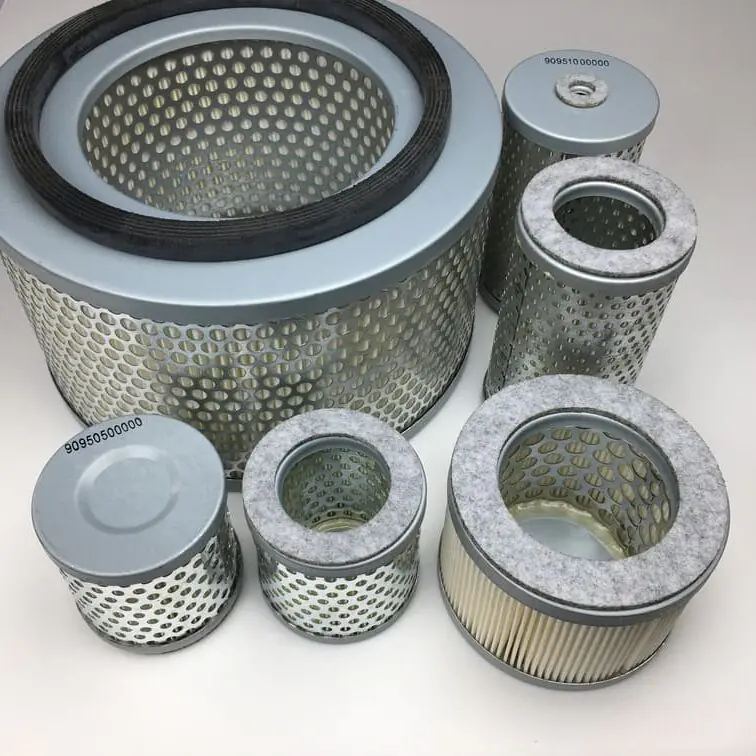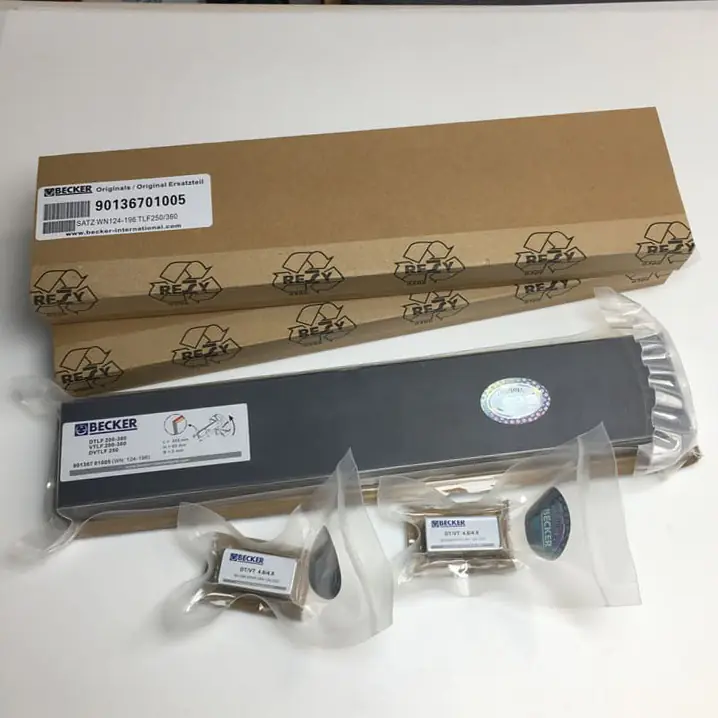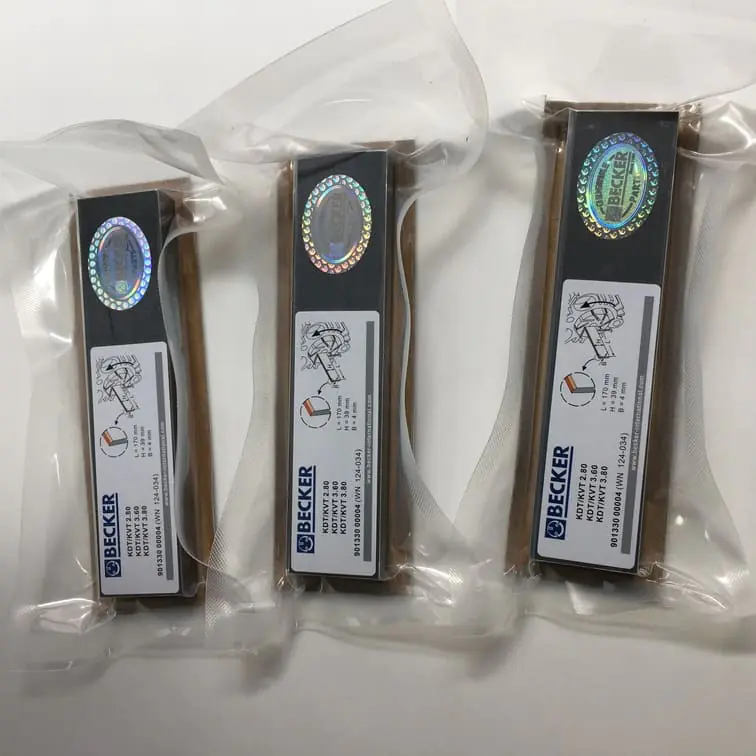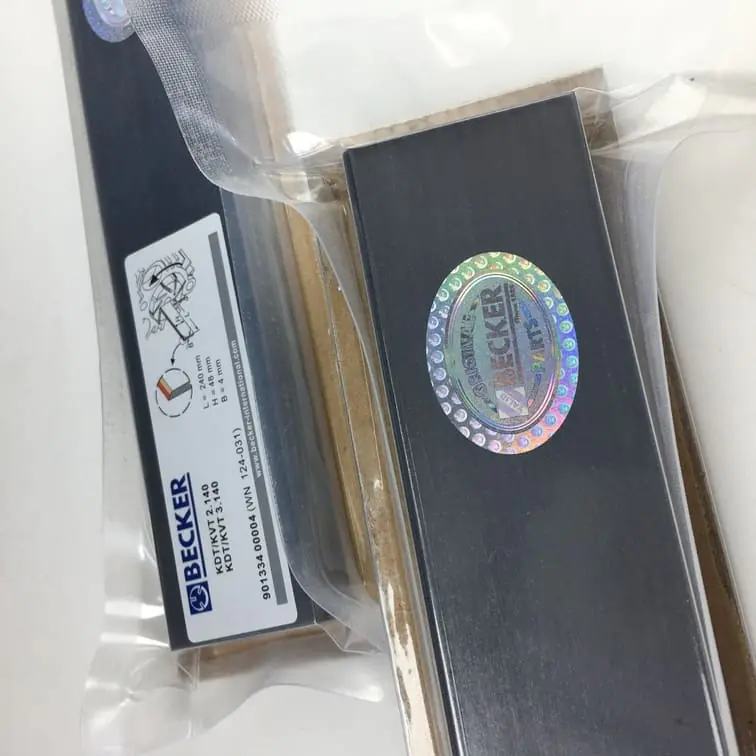What Kind of Oil to Use in a Vacuum Pump: A Detailed Guide
Choosing the right oil for your vacuum pump is crucial to maintain its efficiency, performance, and longevity. There are several types of vacuum pump oils available, and selecting the correct one depends on your vacuum pump’s type and the specific requirements of your application. This guide aims to offer a comprehensive analysis of the various options available, so you can make an informed decision.
Below, we will explore everything you need to know about vacuum pump oils, including different types, how they work, their benefits, and some essential tips for maintenance. Whether you’re a beginner or experienced, this guide will help you choose the perfect oil to keep your vacuum pump running smoothly.
1. Why Is Oil Important for Vacuum Pumps?
Vacuum pump oil plays a vital role in the proper functioning of vacuum pumps. This oil acts as both a lubricant and a sealant, allowing the pump to create and maintain a vacuum. It also facilitates smooth operation by reducing wear and tear on moving components.
Here are some of the key reasons why vacuum pump oil is crucial:
- Lubrication: The moving parts within a vacuum pump need to be adequately lubricated to minimize friction and wear.
- Sealing: Vacuum pumps require an airtight environment to achieve proper vacuum conditions, and oil helps create an effective seal.
- Heat Dissipation: Oils help to dissipate heat generated during pump operation, thus avoiding overheating.
- Contaminant Removal: Oils act as a medium to collect impurities and remove them from the system, helping to maintain a clean and contamination-free working environment.
Choosing the right oil ensures that these roles are fulfilled effectively, thus maintaining the performance of your vacuum pump.
2. Types of Vacuum Pump Oil
There are several different kinds of vacuum pump oils to choose from, each designed for specific needs and applications. Here, we cover the most commonly used types:
a. Mineral Oil
Mineral oil is the most commonly used type of vacuum pump oil. Derived from refining petroleum, it is suitable for a wide range of applications.
- Advantages:
- Affordable: Mineral oils are generally cheaper compared to synthetic alternatives.
- Good Performance: They provide good lubrication and sealing properties for most applications.
- Low Vapor Pressure: Helps in maintaining an effective vacuum.
- Disadvantages:
- Oxidation: Mineral oils are more prone to oxidation compared to synthetic oils, which can shorten their lifespan.
- Contaminants: Over time, contaminants can degrade the performance of the oil.
b. Synthetic Oil
Synthetic vacuum pump oil is chemically engineered to offer better performance, stability, and longevity compared to mineral oil.
- Advantages:
- High Stability: Synthetic oils are less likely to break down under high temperature or heavy load.
- Lower Vapor Pressure: Provides superior vacuum quality, making it ideal for more demanding applications.
- Oxidation Resistance: Synthetic oils are more resistant to oxidation, extending the time between oil changes.
- Disadvantages:
- Cost: Synthetic oils tend to be more expensive.
c. Semi-Synthetic Oil
Semi-synthetic oil is a blend of mineral oil and synthetic oil, providing some of the benefits of synthetic oils while still being relatively affordable.
d. Specialty Oils
For specific industrial applications, specialty vacuum oils like Silicone or Perfluoropolyether (PFPE) may be used. These oils are typically used in extreme environments or for highly sensitive applications.
3. Factors to Consider When Choosing Vacuum Pump Oil
a. Oil Compatibility
Always ensure that the oil you select is compatible with your vacuum pump. Using the wrong oil type can lead to performance issues and may even damage your pump.
b. Vapor Pressure
The oil’s vapor pressure is critical to maintain an efficient vacuum. Oils with low vapor pressure are ideal for high-performance vacuum applications.
c. Application and Environment
The specific application (such as laboratory use, industrial production, or refrigeration) affects which oil you should choose. The operational temperature and pressure of your system are also key factors to consider.
d. Cost vs. Performance
Consider whether the higher initial cost of synthetic oil will result in long-term savings due to its longer lifespan and enhanced performance.
4. Applications of Different Types of Vacuum Pump Oil
Different applications require different kinds of oils. For instance:
- Mineral oils are usually sufficient for simple, low-demand tasks like refrigeration servicing.
- Synthetic oils are preferred for high-demand industrial applications that require long-term reliability.
- Specialty oils are used in unique environments such as chemical processing or vacuum distillation.
| Oil Type | Typical Applications | Key Advantages |
|---|---|---|
| Mineral Oil | General use, refrigeration servicing | Cost-effective, widely used |
| Synthetic Oil | Industrial vacuum pumps, laboratories | High stability, low vapor pressure |
| Specialty Oil | Chemical processing, sensitive experiments | Extreme condition suitability |
5. Maintenance and Oil Change Frequency
Routine maintenance is key to ensuring the long life of both your vacuum pump and the oil used within it. Here are some general tips for maintenance:
a. When to Change Oil
- The oil should be changed every 500-2000 hours of operation depending on the type of oil and the working conditions. Synthetic oils can last longer compared to mineral oils.
b. Indicators for Oil Change
- Color Change: If the oil becomes dark or discolored, it may indicate that it has been contaminated.
- Odor: A noticeable foul odor might be an indication of contamination, possibly caused by chemical reactions during operation.
- Efficiency Drop: A drop in the vacuum pump’s efficiency can indicate the need for an oil change.
Note: Always follow the vacuum pump manufacturer’s guidelines for oil change intervals.
6. How to Change Oil in Your Vacuum Pump
Changing the oil in a vacuum pump is a simple yet essential task. Follow these steps to replace the oil:
- Power Down the Pump: Ensure the vacuum pump is completely powered off and disconnected from its power source.
- Drain Old Oil: Open the drain valve and allow all of the old oil to drain into a waste container.
- Check for Contaminants: Inspect the old oil for any signs of contaminants such as particles or discoloration.
- Add Fresh Oil: Refill the pump with the correct type of vacuum pump oil using a measuring cup for accuracy.
- Close the Drain Valve: Ensure the drain valve is securely closed before restarting the pump.
Safety Tip: Wear gloves and protective eyewear when handling vacuum pump oil. Dispose of old oil according to local regulations.
7. Common Mistakes When Choosing Vacuum Pump Oil
a. Using Incorrect Oil Type
One of the most common mistakes is using an oil that is not compatible with your vacuum pump. Always check the pump manual or consult the manufacturer.
b. Overlooking Oil Quality
Using substandard oil can lead to poor vacuum quality and may damage the pump over time.
c. Skipping Oil Changes
Skipping oil changes will eventually lead to oil degradation, reducing the pump’s performance and efficiency.
FAQs
1. How often should I change the oil in my vacuum pump?
The frequency of oil changes depends on the type of oil, the application, and the operational environment. Generally, you should change vacuum pump oil every 500-2000 hours of use.
2. Can I mix different types of vacuum pump oil?
No, mixing different types of vacuum pump oils is not recommended as it can affect performance and may cause compatibility issues.
3. What happens if I use the wrong type of oil?
Using the wrong type of oil can lead to reduced efficiency, increased wear and tear, and possibly damage to the vacuum pump.
4. Is synthetic oil better than mineral oil?
Synthetic oil offers better stability, lower vapor pressure, and resistance to oxidation, making it suitable for demanding applications. However, it is more expensive.
5. Can I reuse vacuum pump oil?
No, reusing vacuum pump oil is not recommended as contaminants can degrade the quality, affecting performance.
Conclusion
Choosing the right vacuum pump oil is vital for ensuring the efficiency, reliability, and longevity of your vacuum pump. Understanding the differences between mineral, synthetic, and specialty oils will help you select the oil that meets your specific needs.
Regular maintenance, including timely oil changes, will also extend the life of both the oil and the vacuum pump. By selecting the right type of oil and following best practices, you can avoid common pitfalls and keep your vacuum pump running smoothly.
For further guidance, refer to the manufacturer’s instructions or consult a specialist to ensure you’re using the best oil for your vacuum pump.
For more in-depth technical resources and product details, please visit Vacuum Pump Parts.




